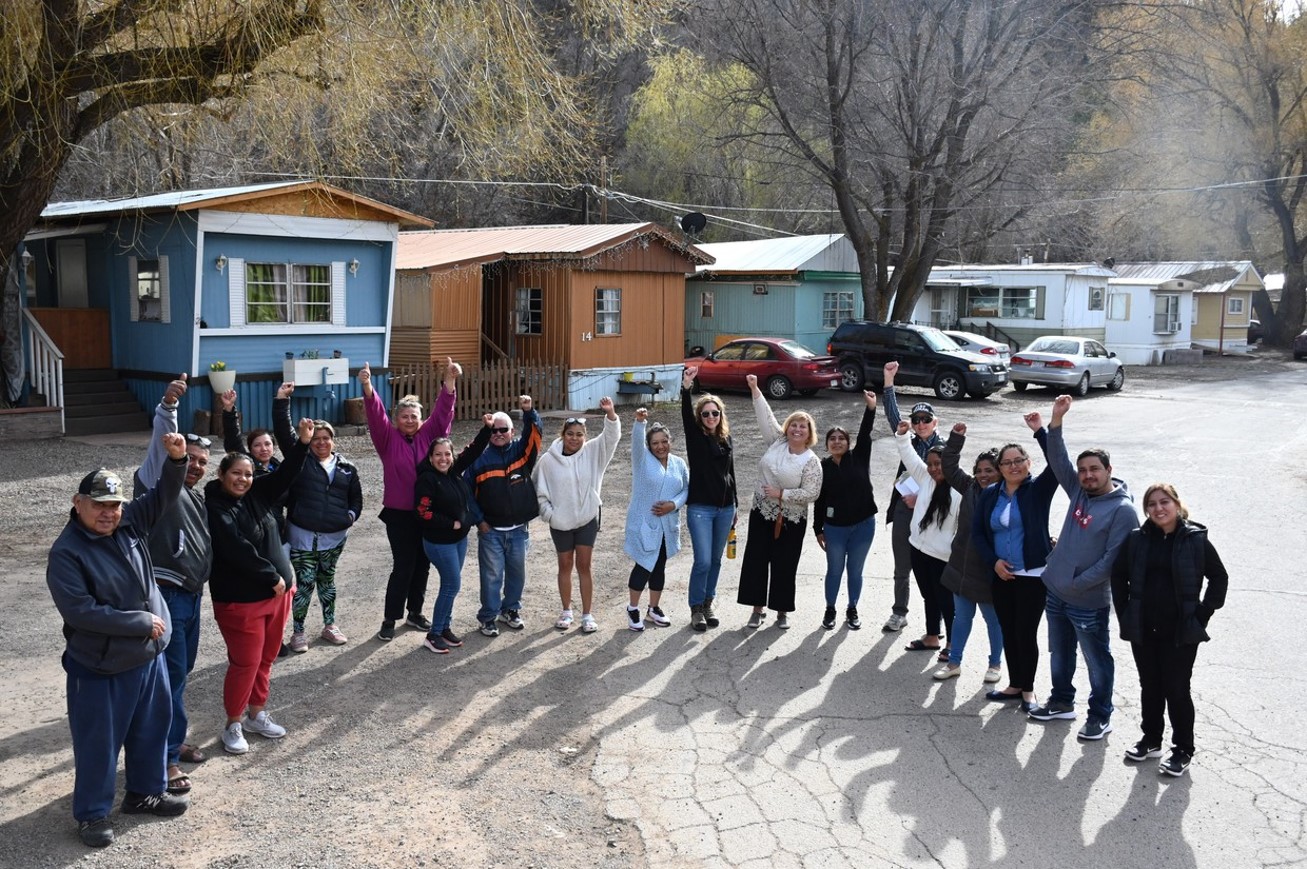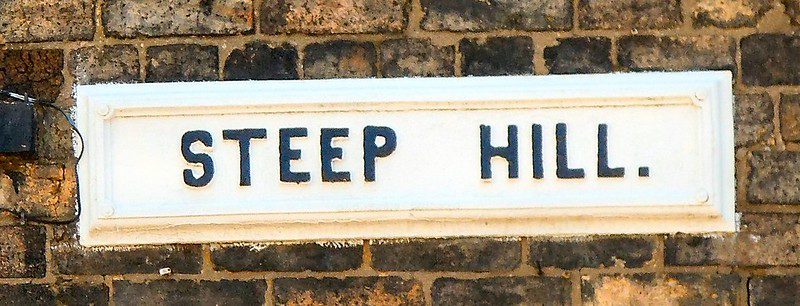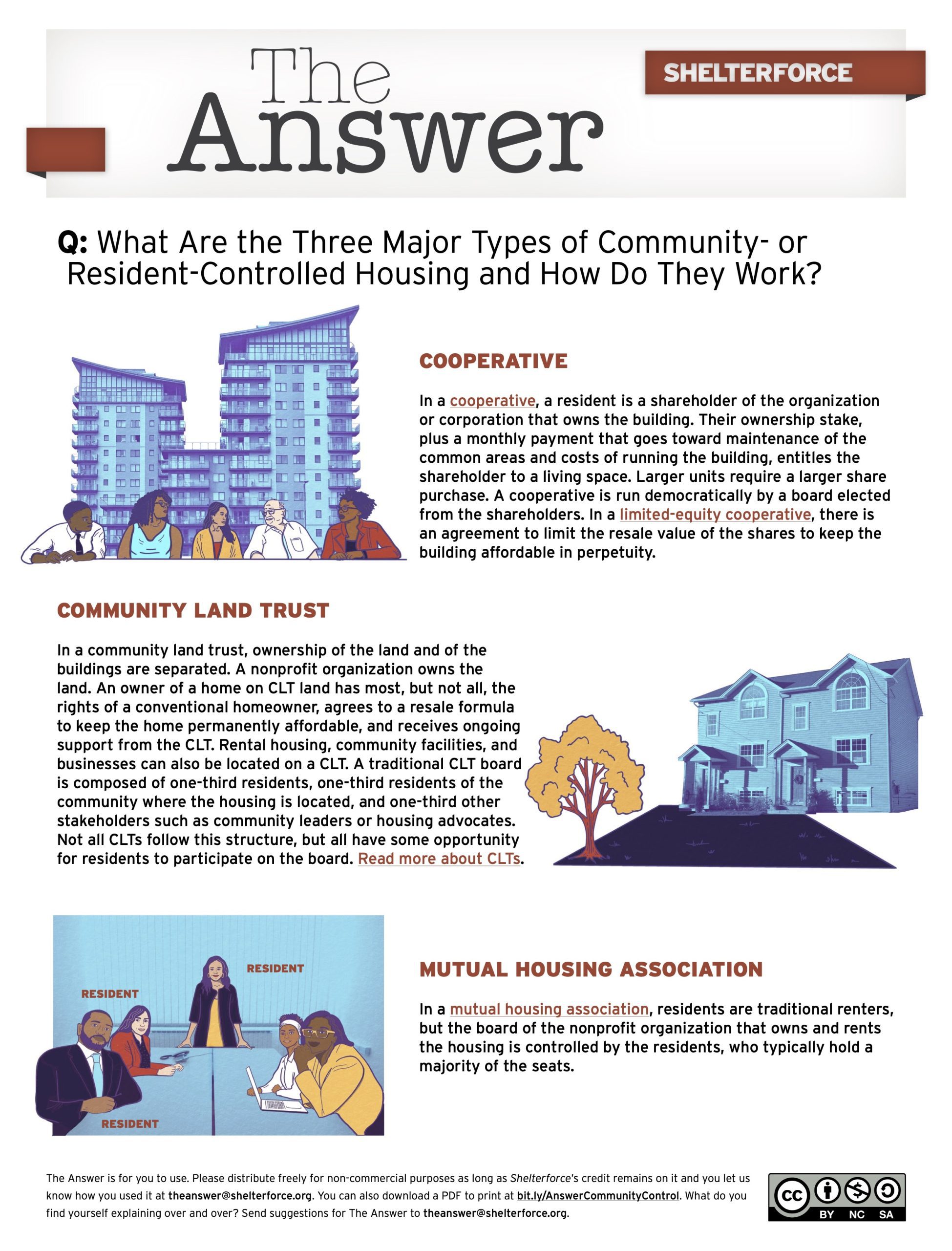In a month, I’m going across the pond at the invitation of the East London Community Land Trust, to meet with lots of folks and also deliver what they hope will be an inspiring speech filled with good ideas for developing affordable housing on the site of the 2012 Summer Olympics.
Here’s a letter I just sent their director, Dave Smith, with a few thoughts about the impact of the Olympics on low-income neighborhoods, and the importance of community organizing and community land trusts in protecting housing affordability.
[Also, see Smith’s article in the Summer 2010 issue of Shelterforce about the fight for permanent affordable housing as planning for the Olympics was underway.]
—
Hi Dave:
You have the makings for a revitalized East London with the Olympics site— just not for the folks who are already living there. The more appealing East London becomes, the greater the threat of gentrification and ensuing displacement of lower-income residents.
But what you are doing is the best possible thing for the people who are living there today—organizing the community to push back—and fighting to establish the East London Community Land Trust.
I’ve been researching past Olympics—and some consistent themes have emerged.
-
Olympic officials always make grand promises about benefiting the local community in order to get the approvals they need.
-
Olympic officials always seem to cut back on these promises unless there is strong push back from the local community—the classic bait and switch strategy.
-
There never ends up being enough funding to do all the grand things that are promised to benefit the local community. There’s nothing better than a good excuse.
-
Housing in the surrounding neighborhoods hyperinflates in the years leading up to the Olympics—and stays high thereafter. In Barcelona, prices increased 250 percent in the eight or so years leading up to the Olympics. Any affordable housing built on the Olympic site can’t come close to making up for the loss of affordability in the surrounding neighborhoods.
-
For sites such as Athens where there was an ambitious goal for worker housing, a lack of adequate stewardship resources led to ongoing problems in terms of maintenance and management of the housing.
It is not a pretty picture.
Olympic redevelopment is a good thing for a city—but it can be a train wreck for folks living in the immediate area who get priced out of their housing as prices inflate. Add in the recently adopted U.K. government definition of “affordable housing” as 80 percent of market value—with no reference whatsoever to income—and the picture just gets worse for East London residents, who are going to get shoved out just as good things finally start happening to their neighborhood.
The new solution in the U.K. seems to be that of redefining the word “affordable”—voila, crisis solved. We did that in the United States, when we started by saying that people shouldn’t pay more than 25 percent of their income for housing, and then it went to 30 percent, and then to 33 percent—pretty soon I’ll bet it goes to 40 percent—all because we didn’t have the political will to cover the actual cost of making housing truly affordable.
What will constitute success for East London? A revitalized community that is as desirable as any in London—right? Where all the cool people with money will want to live. And they will move there—and shove out all the folks without money who are living there now.
That is, unless someone steps in, pushes back, and makes sure that at least some of the housing is protected for the folks who are already living there.
In my experience the best time to permanently protect affordability is always right now—because it only gets harder from here on out. I’ve been around for 55 years, and I’ve never seen it get easier.
I can think of no place on earth that better illustrates the need for a community land trust than East London.
Keep up the good work—see you soon.
Greg






Comments